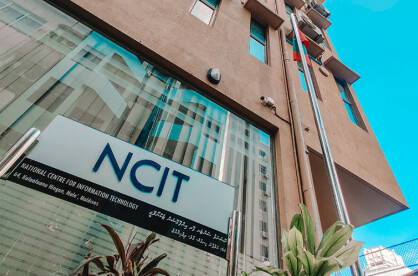In a significant step towards enhancing the healthcare sector and making medical services more accessible and affordable across the Maldives, the government has launched a major initiative to develop healthcare facilities on 10 different islands. This project is part of the government’s broader commitment to improving healthcare infrastructure and ensuring that every citizen, regardless of location, has access to quality medical care.
To undertake these developments, the government has partnered with three state-owned enterprises—Road Development Corporation (RDC), Maldives Transport and Contracting Company (MTCC), and Fenaka Corporation. These companies will be responsible for the construction of hospitals and health centers, playing a key role in strengthening the country’s healthcare system.
On March 28, 2025, the government signed agreements with these companies to officially commence the projects. In addition to the 10 healthcare facilities under this initiative, the government has also awarded contracts worth MVR 627 million for the construction of hospitals and health center buildings across nine other islands. Once both projects are completed, a total of 19 islands will have new medical facilities, significantly improving access to healthcare services across the country.
Under this initiative, RDC has been assigned the construction of N. Velidhoo Hospital and ADh. Fenfushi Health Centre, with a projected completion timeline of one and a half years. Meanwhile, MTCC has been tasked with developing hospitals and health centers in five locations, including a health center in HDh. Nellaidhoo and hospitals in Sh. Milandhoo, K. Thulusdhoo, AA. Rasdhoo, and GA. Villingili. Fenaka Corporation has been entrusted with the development of health centers in B. Kudarikilu, GA. Kondey, and GDh. Nadella, further expanding the reach of healthcare services in the Maldives.
The development of these hospitals and health centers is a crucial step in strengthening the Maldives’ healthcare system. By bringing essential medical services closer to communities, these projects will help reduce the burden on existing hospitals, decrease the need for costly travel to central healthcare facilities, and ensure timely medical intervention for patients across the country.






